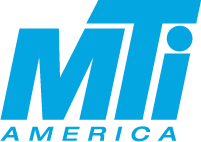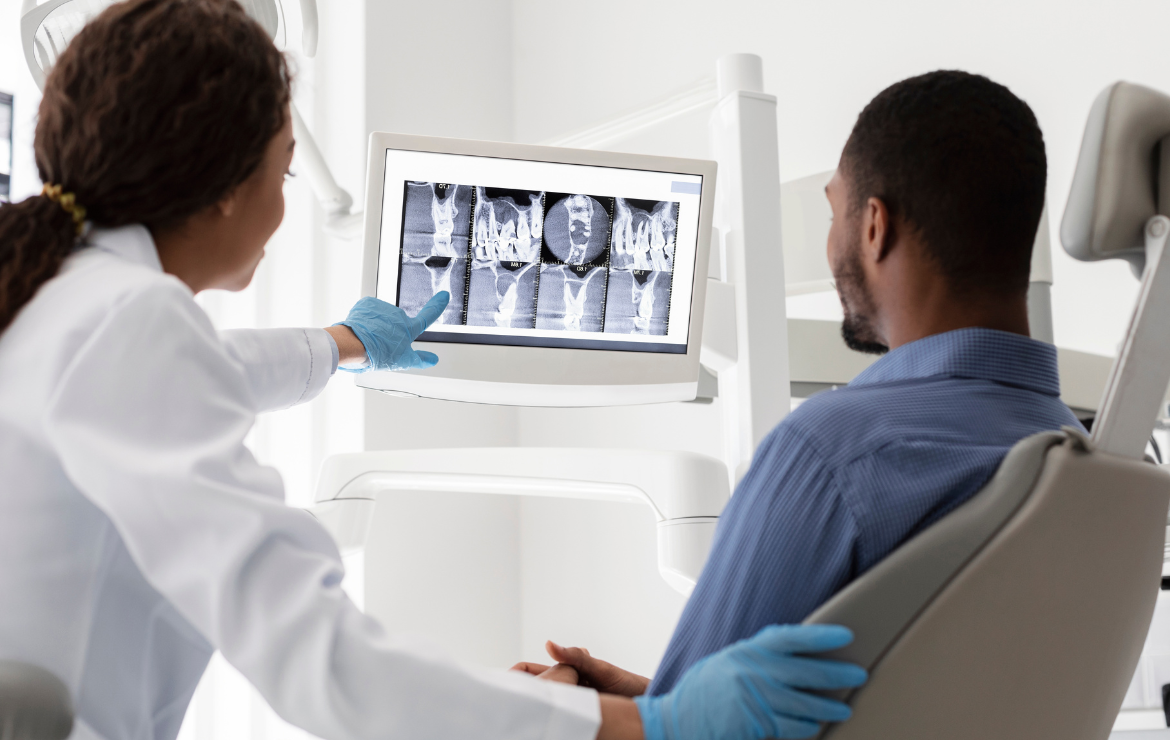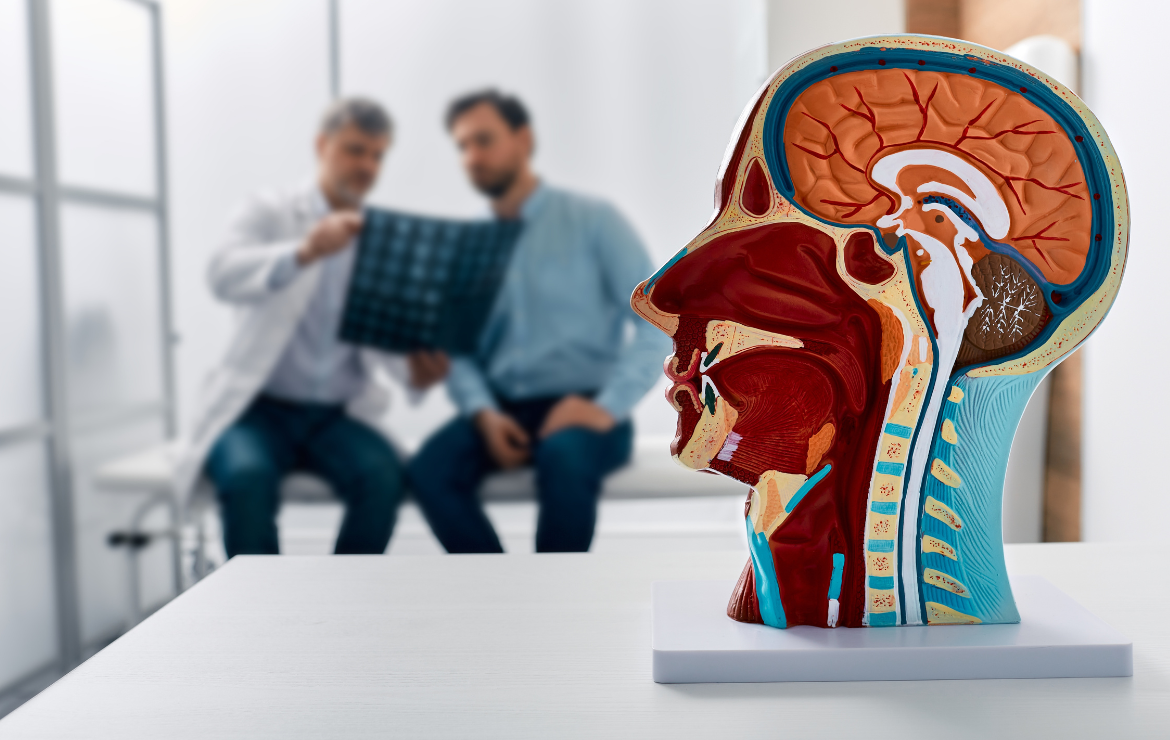Navigating Medical Appointments Involving Hard-of-Hearing or Deaf Individuals

Occupational hearing loss is a major concern as exposure to loud noise or certain chemicals can harm your hearing. Roughly 1 in 8 individuals in the US working population experience hearing difficulties. Out of those with hearing difficulty, occupational exposures account for 1 in 4 cases. When handling a claim involving a hard-of-hearing or deaf injured worker, what steps should be taken to ensure a successful medical appointment?
Understanding Deafness and Hearing Loss
Deafness and hearing loss encompass a spectrum of conditions ranging from mild to profound. Deaf individuals may have little to no functional hearing, while hard-of-hearing individuals may experience varying degrees of hearing loss. It’s crucial to recognize that deafness is not solely defined by the absence of hearing but also by using sign language and other visual communication methods.
Challenges Faced by Deaf and Hard-of-Hearing Individuals
Communication barriers present significant challenges for deaf and hard-of-hearing individuals when navigating the workers’ compensation system. Common challenges include:
- Limited access to information: Deaf individuals may face challenges accessing written or verbal communication, including forms, instructions, and verbal explanations.
- Difficulty communicating with healthcare providers: Communication barriers may hinder effective communication during medical appointments, leading to misunderstandings, misdiagnosis, or inadequate treatment.
- Limited Awareness of Available Resources: Deaf and hard-of-hearing individuals may be unaware of available resources and support services to assist them in scheduling medical appointments. Lack of information about TRS, sign language interpretation services, or other accommodations may hinder their ability to effectively navigate the appointment scheduling process.
For a hard-of-hearing or deaf injured worker, scheduling a medical appointment involves additional considerations to ensure effective communication and accessibility throughout the healthcare encounter.
Here are some steps managed care providers should consider when scheduling medical appointments for individuals who are hard of hearing or deaf.
- Preferred Communication Method: Determine the preferred communication method of the injured worker. Some individuals prefer sign language interpretation, while others rely on written communication, lip reading, or assistive listening devices.
- Accessibility Needs: Inquire about any specific accessibility needs or accommodations required for the appointment. This may include the availability of sign language interpreters, captioning services, or assistive listening devices.
- Appointment Coordination: Coordinate with the healthcare provider’s office to schedule the appointment when appropriate communication accommodations, such as sign language interpreters, are available. Ensure that the selected interpreter is qualified and proficient in medical terminology.
- Advance Notice: Provide advance notice to the healthcare provider’s office about the communication needs of people who are hard of hearing or deaf. Communicate any specific preferences or requirements for communication accommodations to ensure a smooth and effective appointment.
- Confirmation and Reminders: Confirm the appointment details, including the date, time, location, and communication accommodations, with the injured worker. Send reminders closer to the appointment date to ensure attendance and reiterate any necessary information regarding communication access.
- Documentation Accessibility: Ensure that all written materials, such as appointment reminders, intake forms, and medical instructions, are provided in accessible formats for people who are hard of hearing or deaf. This may include electronic text, large print, or visual aids to supplement verbal communication.
- Transportation Assistance: If needed, offer assistance with transportation arrangements, especially if the healthcare facility is not easily accessible or if additional support is required to navigate transportation options independently.
- Follow-Up Communication: After the appointment, follow up with the injured worker to gather feedback on their communication experience and address any concerns or issues during the medical encounter. Use this feedback to improve future communication accommodations and ensure ongoing accessibility.
Proactively addressing communication needs, providing appropriate accommodations, and scheduling a medical appointment for a hard-of-hearing or deaf injured worker can help create a comfortable environment for effective communication, foster positive patient-provider interaction, and ensure equal access to healthcare services.
MTI can arrange an ASL interpreter for your injured worker with hearing impairments at their next appointment. Explore the language services MTI provides to offer you more support. https://www.mtiamerica.com/service/language-services/
Sources: https://www.cdc.gov/niosh/topics/noise/about.html











